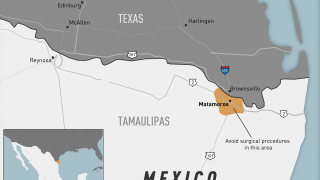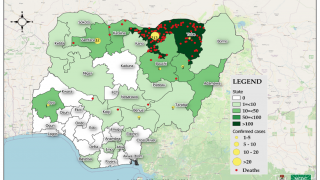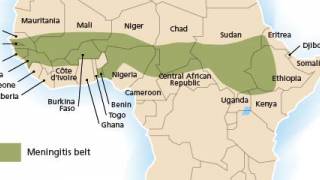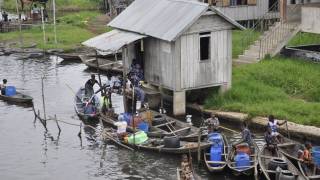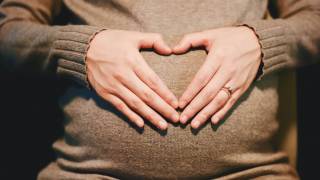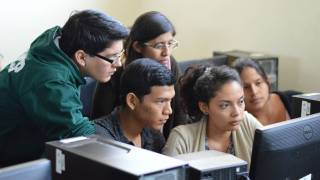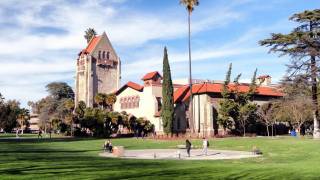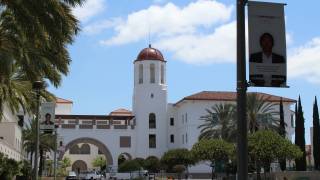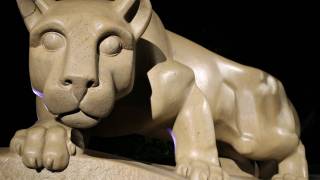Fiji Launches Meningococcal C Vaccination Program

In response to a recent meningococcal C outbreak on the Fiji islands, every child and adolescent in Fiji will soon have the chance to be vaccinated.
From January to April 22, 2018, there have been 58 confirmed and suspected patients reported and 4 deaths.
This Government of Fiji vaccination campaign launched on May 14, 2018, aims to vaccinate up to 325,000 children and adolescents against meningococcal C disease.
Vaccinations will be taking place in health centers, communities, schools and other education centers, with an initial focus in Central Division and Ra subdivisions in the West.
“The Ministry of Health and Medical Services is committed to the rollout of this mass vaccination campaign to protect every child and adolescent between one and 19 years in Fiji against meningococcal disease,” said the Honourable Minister for Health in Fiji, Ms. Rosy Akbar.
Vaccinating this age group will help to protect the broader community by reducing the number of people who may carry the disease without experiencing symptoms, which also helps reduce the risk of the bacteria being passed on to others who haven’t been vaccinated” said Akbar.
“We appreciate the support from all our partners to undertake this campaign, and encourage all parents and guardians to have their children immunized for the benefit of the entire community,” said Akbar.
In late March 2018, Fiji declared an outbreak of meningococcal disease following an increase in cases.
Children and adolescents in Fiji have been most affected by the disease. If detected early, most cases of meningococcal disease can be treated.
To date, 100 percent of patients have been 19 years of age or under, with the largest proportion of cases under 5 years of age.
This immunization program is supported by the United Nations Children’s Fund (UNICEF) and the World Health Organization (WHO).
“UNICEF is pleased to support the Government of Fiji in sourcing the necessary vaccines, which will help to reach every child in the country, no matter where they live and ensure they are protected against this deadly disease,” said UNICEF Pacific Representative, Sheldon Yett.
Meningococcal disease is a life-threatening disease, which usually causes meningitis (inflammation of the lining of the brain and spinal cord) and/or septicemia (blood poisoning).
For older children and adults common symptoms include sudden fever, vomiting, headache, and stiff neck/backache.
For babies, symptoms generally include fever, neck stiffness, irritability, drowsiness, vomiting, not feeding properly, or having a lack of muscle tone/floppy baby.
The CDC says travelers to Fiji should check the vaccines and medicines 4-6 weeks before departure.
These vaccines include measles-mumps-rubella (MMR) vaccine, diphtheria-tetanus-pertussis vaccine, varicella (chickenpox) vaccine, polio vaccine, and your yearly flu shot.
Additionally, the CDC recommends Hepatitis A, B, and Typhoid.
There are two types of meningococcal vaccines available in the United States:
- Meningococcal conjugate vaccines (Menactra® and Menveo®)
- Serogroup B meningococcal vaccines (Bexsero® and Trumenba®)
Travelers can schedule an appointment with a travel vaccine pharmacy.
The CDC Vaccine Price List provides private sector prices for general information.
Vaccine discounts can be found here.
Vaccines, like any medicine, can have side effects, says the CDC. You are encouraged to report negative side effects of vaccines to the FDA or CDC.
Our Trust Standards: Medical Advisory Committee


